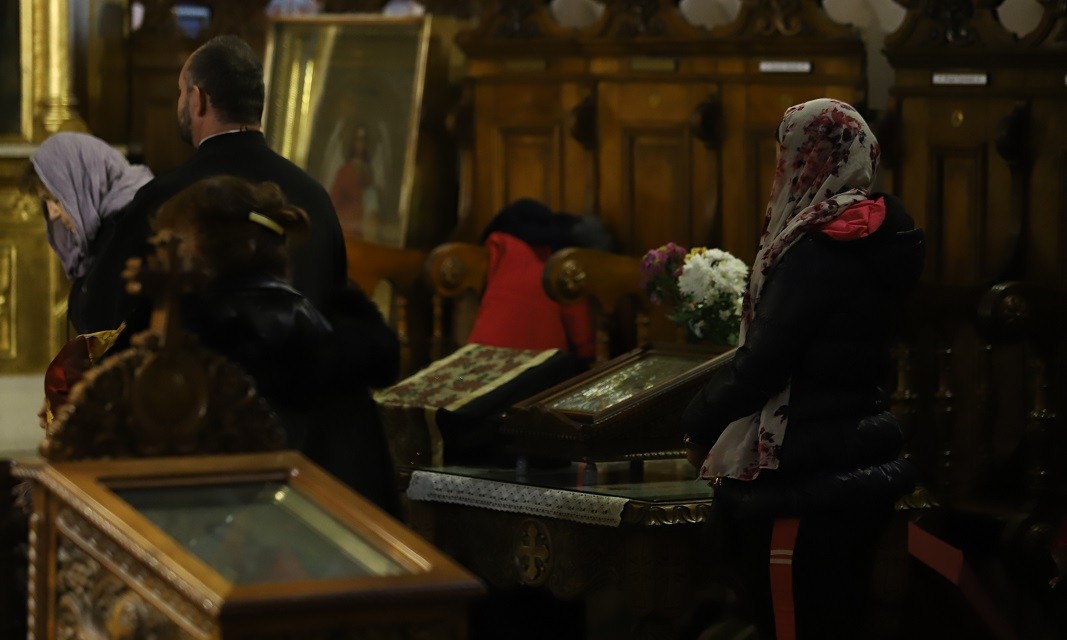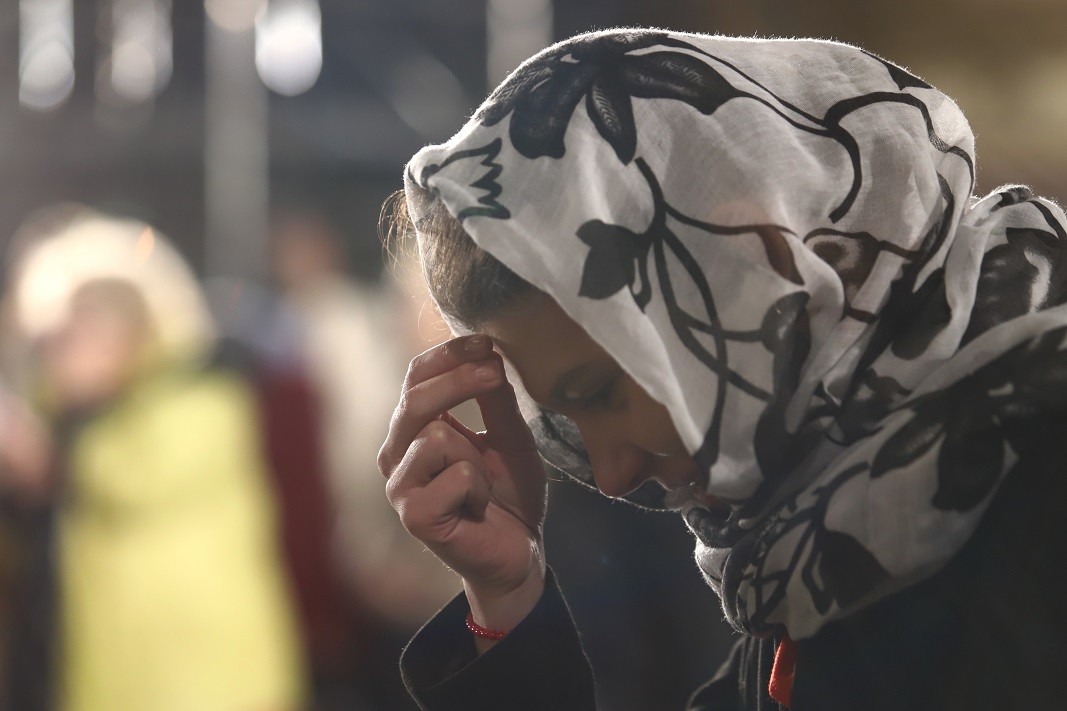Sunday after Mesni Zagovezni or Meat Shrovetide is the last day on which everyone who decides to follow the Great Lent according to the Orthodox calendar can eat dairy products, fish and eggs. Therefore, on Cheesefare Sunday before proceeding to the actual deprivation of food of animal origin, believers free themselves from lingering insults, give forgiveness to all those who have hurt them with actions or harsh words and ask for forgiveness. In the churches, Christians greet each other with the words "forgiven" - "forgive" and thus they enter the Great Lent with clear conscience.
During the days of the lent, spiritual mentors invite the laity to more frequent prayers, repentance and humility, which bear good fruits, but only if people wholeheartedly forgive others.
Forgiveness, for those truly committed to the Christian virtues, is identified with Christ's infinite love for people.

In Christian love, forgiveness is given even when no apology is asked for, because "love forgives all things." In his message to the Corinthians St. Apostle Paul says that love does not ask for anything in return and forgives because Christian love is selfless.
In everyday life, where material things and selfishness prevail, it is not easy to forgive those who have hurt you quite purposefully. Therefore, priests advise believers to free their souls from the insult and like good Christians, forgive and ask for forgiveness, even only in their thoughts.

According to the Bible, the granting of forgiveness by God is accompanied by the rebirth and transformation of the human soul. The Church recalls the expulsion of Adam and Eve from Heaven and their deprivation of divine food, to show how harmful to salvation and spiritual life gluttony, disobedience and disrespect for God are. However, the Creator shows his love by sending his only Son to atone for what they have done without Him having guilt. With his sufferings on the cross, Jesus Christ set an example by forgiving his tormentors and murderers while experiencing inhuman pain and suffering. There are also many examples in the life stories of saints and martyrs for Christ's faith who pray for those who torment them. Therefore, Christianity is considered to be a religion of forgiveness.
Photos: BGNES
Did you know that in the Moldovan capital Chisinau there is a street named after Hristo Botev? Located about three kilometers from the city center, there stands an impressive monument to the Bulgarian poet, revolutionary and public figure, who died in..
When we have a special occasion where we meet relatives or friends, as a sign of respect and as a memory, we usually present them with a gift, complete with a beautiful card. In the past, the card received was kept as a cherished memory and even passed..
Holy Thursday is one of the two days in the Holy Week when we dye eggs for Easter. Tradition dictates that the oldest woman in the family takes on this important task, and the first egg is always dyed red. The Red Egg – symbol of the..
Did you know that in the Moldovan capital Chisinau there is a street named after Hristo Botev? Located about three kilometers from the city center, there..

+359 2 9336 661
